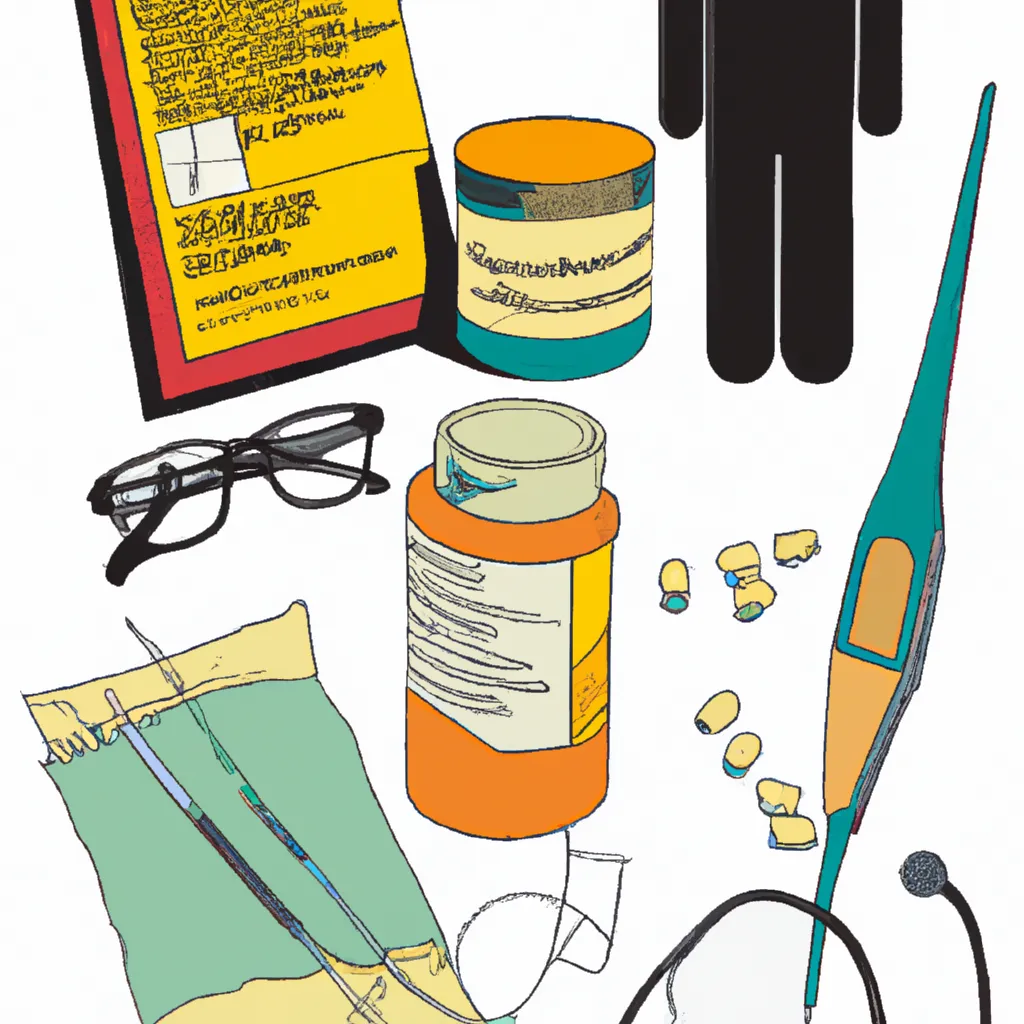
Breakthrough Medications for Opioid Addiction: Targeting Brain Receptors for Effective Treatment
"Breakthrough Medications for Opioid Addiction: Targeting Brain Receptors for Effective Treatment"
Recent research has identified several medications that are effective in treating opioid addiction. These medications work by targeting the same brain receptors as opioids but in a less harmful way, helping to reduce cravings and withdrawal symptoms. Common themes among these medications
include:
1. Methadone: Methadone is a long-acting opioid agonist that helps to reduce cravings and withdrawal symptoms without producing the euphoric effects of other opioids. It is often used as a maintenance treatment for opioid dependence.
2. Buprenorphine: Buprenorphine is a partial opioid agonist that also helps to reduce cravings and withdrawal symptoms. It has a lower risk of overdose compared to full opioid agonists and can be prescribed by qualified healthcare providers in an office-based setting.
3. Naltrexone: Naltrexone is an opioid antagonist that blocks the effects of opioids in the brain, making it less likely for individuals to experience the rewarding effects of opioids. It can be taken in the form of a pill or a monthly injection.
4. Suboxone: Suboxone is a combination medication that contains buprenorphine and naloxone. Buprenorphine helps to reduce cravings and withdrawal symptoms, while naloxone helps to prevent misuse by causing withdrawal symptoms if the medication is injected.
These medications are often used in combination with counseling and behavioral therapies to provide comprehensive treatment for opioid addiction. It is important for individuals struggling with opioid addiction to work closely with healthcare providers to determine the most effective treatment plan for their specific needs. #OpioidAddiction #MedicationAssistedTreatment #AddictionRecovery

Contact HWOANY at 1-888-995-3405
www.helpwithopioidaddictionnewyork.com.



